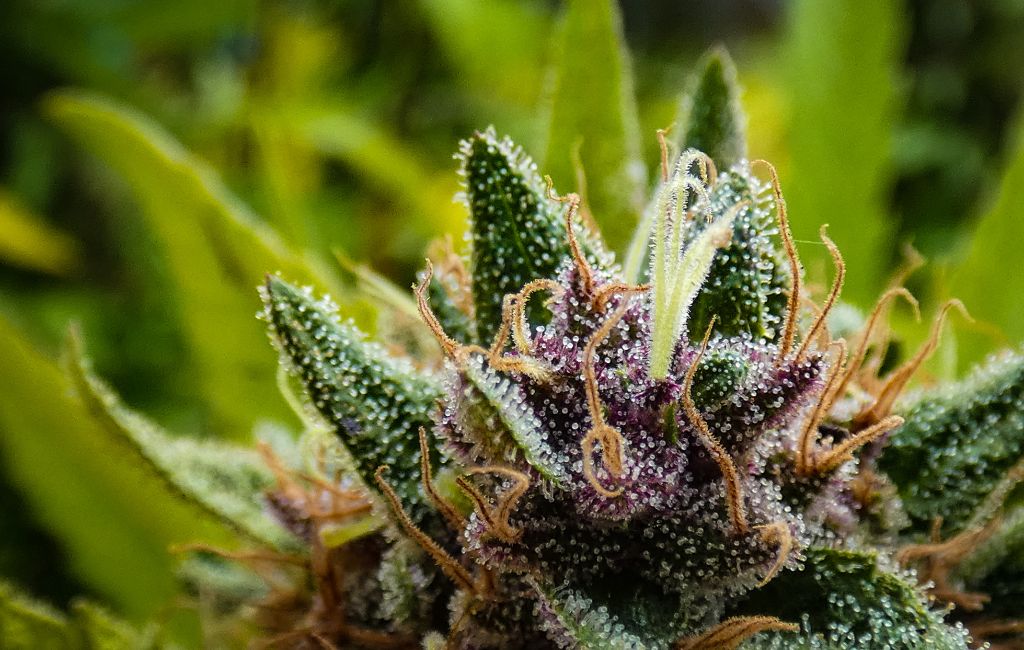THCa Flower: Exploring Its Healing Potential
THCa, or tetrahydrocannabinolic acid, is a non-psychoactive cannabinoid found in raw and live cannabis. Unlike THC, THCa does not produce a high, making it an intriguing subject for medical research and therapeutic applications. This article delves into the healing potential of THCa flower, examining its benefits, uses, and the science behind its effects.
Understanding THCa
THCa is the acidic precursor to THC. When cannabis is heated through smoking, vaping, or cooking, THCa undergoes decarboxylation, converting into THC. In its raw form, THCa offers a range of potential health benefits without the psychoactive effects associated with THC.
Potential Health Benefits
Research into THCa is still in its early stages, but preliminary studies and anecdotal evidence suggest several potential health benefits:
- Anti-inflammatory Properties: THCa may help reduce inflammation, making it a potential treatment for conditions like arthritis and inflammatory bowel disease.
- Neuroprotective Effects: Some studies indicate that THCa could protect brain cells, potentially offering benefits for neurodegenerative diseases such as Alzheimer’s and Parkinson’s.
- Anti-emetic Properties: THCa may help reduce nausea and vomiting, which could be beneficial for patients undergoing chemotherapy or those with chronic conditions like Crohn’s disease.
- Antioxidant Properties: THCa has been shown to have antioxidant effects, which can help protect cells from damage caused by free radicals.
Scientific Research and Case Studies
While research on THCa is still emerging, several studies and case reports highlight its potential therapeutic benefits:
Anti-inflammatory Effects
A study published in the “Journal of Pharmacology and Experimental Therapeutics” found that THCa exhibited significant anti-inflammatory effects in animal models. The researchers concluded that THCa could be a promising candidate for treating inflammatory conditions.
Neuroprotective Properties
Research published in “Phytomedicine” demonstrated that THCa has neuroprotective properties in cell cultures. The study suggested that THCa could help protect neurons from oxidative stress and inflammation, which are common factors in neurodegenerative diseases.
Case Study: THCa for Epilepsy
A case study published in “Epilepsy & Behavior” reported on a patient with intractable epilepsy who experienced a significant reduction in seizure frequency after using THCa. The patient, who had not responded to conventional treatments, saw a 90% reduction in seizures, highlighting the potential of THCa as an alternative treatment for epilepsy.
Methods of Consumption
There are several ways to consume THCa flower to harness its potential benefits:
- Raw Consumption: Consuming raw cannabis leaves or flowers in smoothies or salads preserves the THCa content.
- Juicing: Juicing raw cannabis is another method to consume THCa without decarboxylation.
- Tinctures and Oils: THCa tinctures and oils can be taken sublingually for quick absorption.
- Topicals: THCa-infused creams and balms can be applied to the skin for localized relief from inflammation and pain.
Legal Considerations
The legal status of THCa varies by region. In some areas, THCa is considered legal because it is non-psychoactive. However, the legality can change once THCa is converted to THC through decarboxylation. It’s important to be aware of local laws and regulations regarding the use and possession of THCa products.
Conclusion
THCa flower holds significant promise for a variety of therapeutic applications. Its anti-inflammatory, neuroprotective, anti-emetic, and antioxidant properties make it a compelling subject for further research. As scientific understanding of THCa continues to grow, it may become an important tool in the treatment of various medical conditions. For those seeking the potential benefits of cannabis without the psychoactive effects, THCa offers a promising alternative.
